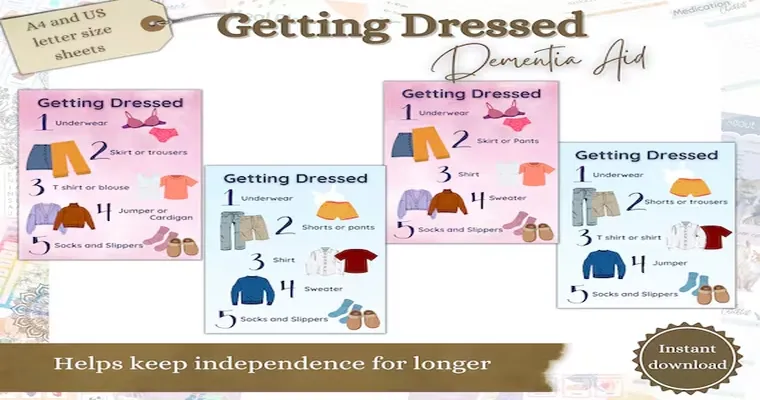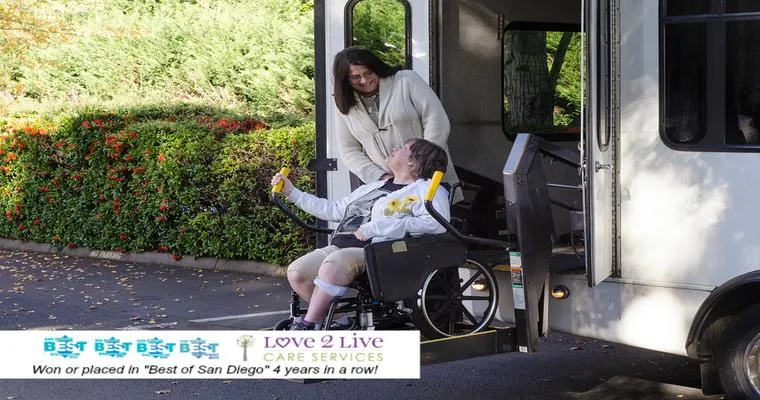Caring for someone with "dementia" can present numerous challenges, particularly when it comes to daily tasks like getting dressed. The confusion and frustration that often accompany "dementia" can make the simple act of choosing clothes feel overwhelming. However, by implementing some thoughtful strategies, caregivers can help ease this daily stress and encourage independence. In this article, we will explore effective techniques to simplify the "dressing process" for individuals with "dementia".
Understanding the Challenges
Individuals with "dementia" may struggle with memory loss, visual perception issues, and decision-making difficulties. These challenges can turn the routine of getting dressed into a source of anxiety. For example, they might forget how to put on clothes or become overwhelmed by too many choices. Recognizing these difficulties is the first step toward creating a more manageable dressing routine.
Create a Consistent Routine
Establishing a consistent "dressing routine" can provide a sense of security and predictability. Caregivers should aim to follow the same steps each day, which might include:
Helping the person get out of bed and into a comfortable area for dressing.
Choosing clothes the night before to reduce options in the morning.
Using visual cues, such as pictures or labels, to guide them through the process.
By creating a familiar environment, individuals with "dementia" may find it easier to follow along and feel more confident in their ability to get dressed.
Simplify Clothing Choices
Simplifying clothing options can significantly reduce stress during the "dressing process". Here are some strategies to consider:
"Limit Choices": Provide only a few clothing options each day. Having too many choices can be overwhelming.
"Choose Comfortable Clothing": Opt for clothing that is easy to put on and take off. Items with elastic waistbands, Velcro fasteners, and simple designs can be particularly helpful.
"Organize the Wardrobe": Arrange clothes by type or color to make selections easier. Consider using a designated area for daily outfits to streamline the process.
Use Positive Reinforcement
Encouraging independence during the "dressing process" is essential. Offer positive reinforcement and celebrate small victories. For instance, if the individual successfully puts on their shirt, provide praise and encouragement. This positive feedback can boost their confidence and motivate them to participate in the "dressing routine" more actively.
Be Patient and Flexible
Patience is key when assisting someone with "dementia". There may be days when the person struggles more than usual, and it is important to remain calm and flexible. If they become frustrated, take a break and revisit the task later. Adapting to their needs and mood can make the experience more enjoyable for both the caregiver and the individual.
Engage Them in the Process
Whenever possible, involve the individual in the "dressing process". Ask them to help choose their outfit or encourage them to pick out accessories. This engagement can foster a sense of control and independence, which is vital for their self-esteem.
Conclusion
Taking the stress out of getting dressed for someone with "dementia" requires understanding, patience, and creativity. By establishing a consistent routine, simplifying clothing choices, and engaging the individual in the process, caregivers can transform dressing from a challenging task into a more manageable and enjoyable experience. Remember that every small step towards independence can make a significant difference in daily life with "dementia".





